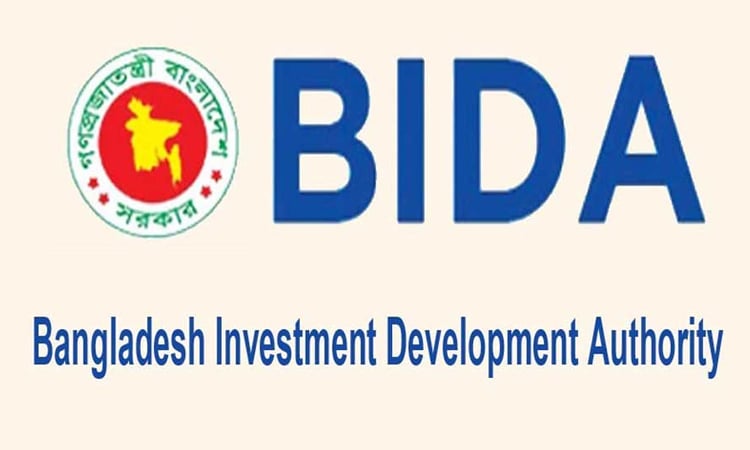News Flash

DHAKA, Aug 26, 2025 (BSS) - Bangladesh has received investment proposals amounting to nearly US$1 billion in the first five months of 2025, according to the Bangladesh Investment Development Authority (BIDA).
Mentioning the flow of investment proposal as a positive trend, Nahian Rahman Rochi, head of business development at BIDA, said that of the proposals received between January and May, around 20 percent have reached an advanced stage—comprising signed agreements, land lease confirmations, and letters of allotment.
Rochi today shared the information while exchanging views with a group of journalists covering investment affairs at the BIDA auditorium in the city.
He said the figures indicate rising investor interest in Bangladesh’s special economic zones (SEZs), which continue to be a core pillar of the government’s industrialisation drive.
“Our focus is not just on the volume but also on the quality and sustainability of investments. If this momentum continues and facilitation becomes more streamlined, the next five months could yield even more impactful outcomes,” he added.
He said that the trend reflects a significant milestone in the post-pandemic recovery phase and renewed confidence from both local and foreign investors.
According to the Bangladesh Economic Zones Authority (BEZA), roughly 60 percent of the proposed investments are currently in the exploratory or due diligence stage. These include feasibility studies, early-stage discussions, and preliminary project planning.
“This is a standard pattern for large-scale investments,” said Rochi. “Globally, most proposals begin in the exploratory phase and, with the right facilitation, gradually move toward implementation.”
He further said another 20 percent of the proposals are now under in-depth scrutiny prior to formal documentation.
Officials believe this tiered investment pipeline provides a realistic outlook for capital inflows over the next 12 to 24 months.
In response to growing investor queries and the need for transparency, Md Nazrul Islam, executive member (planning and development) at BEZA, said they are developing a Unified Investment Portal.
The platform will integrate key data on investment status, zone-specific developments, land availability, and approval timelines, Nazrul said.
“Currently, updates are often fragmented across agencies,” he explained. “This platform will standardise data-sharing and align decision-making processes across departments.”
The portal is expected to boost investor confidence and cut down the time needed for administrative follow-ups. It will also offer real-time tracking of investment stages, enabling both government and private stakeholders to monitor progress more efficiently.
In a further move to attract sustainable investment, BEZA has launched a dedicated research unit supported by international consultants with over a decade of global experience. The unit is currently identifying high-potential sectors including rubber, furniture, pharmaceuticals, and tourism.
“Policy without data is directionless,” Nazrul noted. “We’re investing in long-term research to better understand investor priorities and align them with national development goals.”
However, he cautioned that while receiving proposals is encouraging, the greater challenge lies in converting them into operational projects.
“From land acquisition to infrastructure readiness and utility services, the process requires ongoing coordination,” he said.